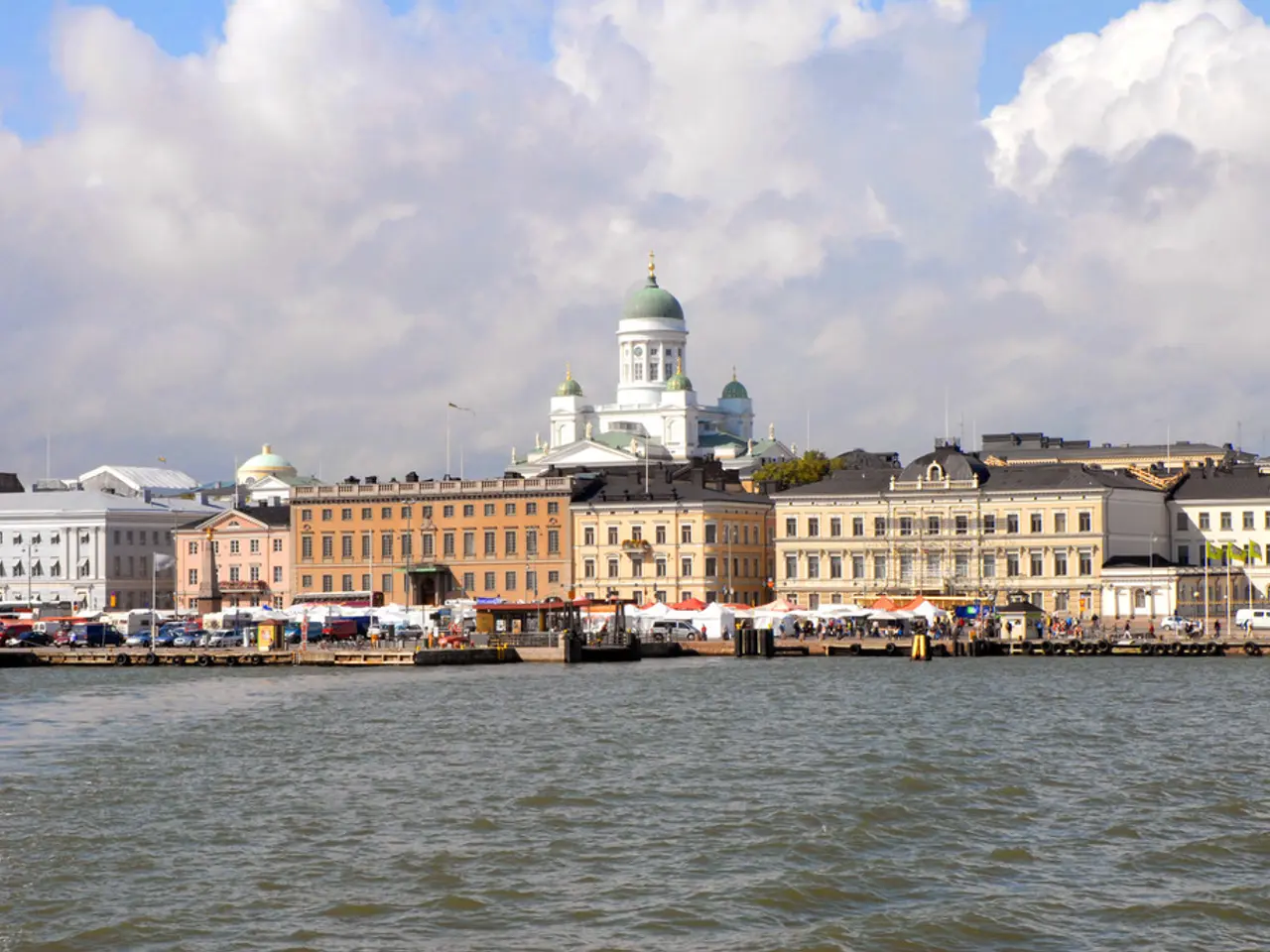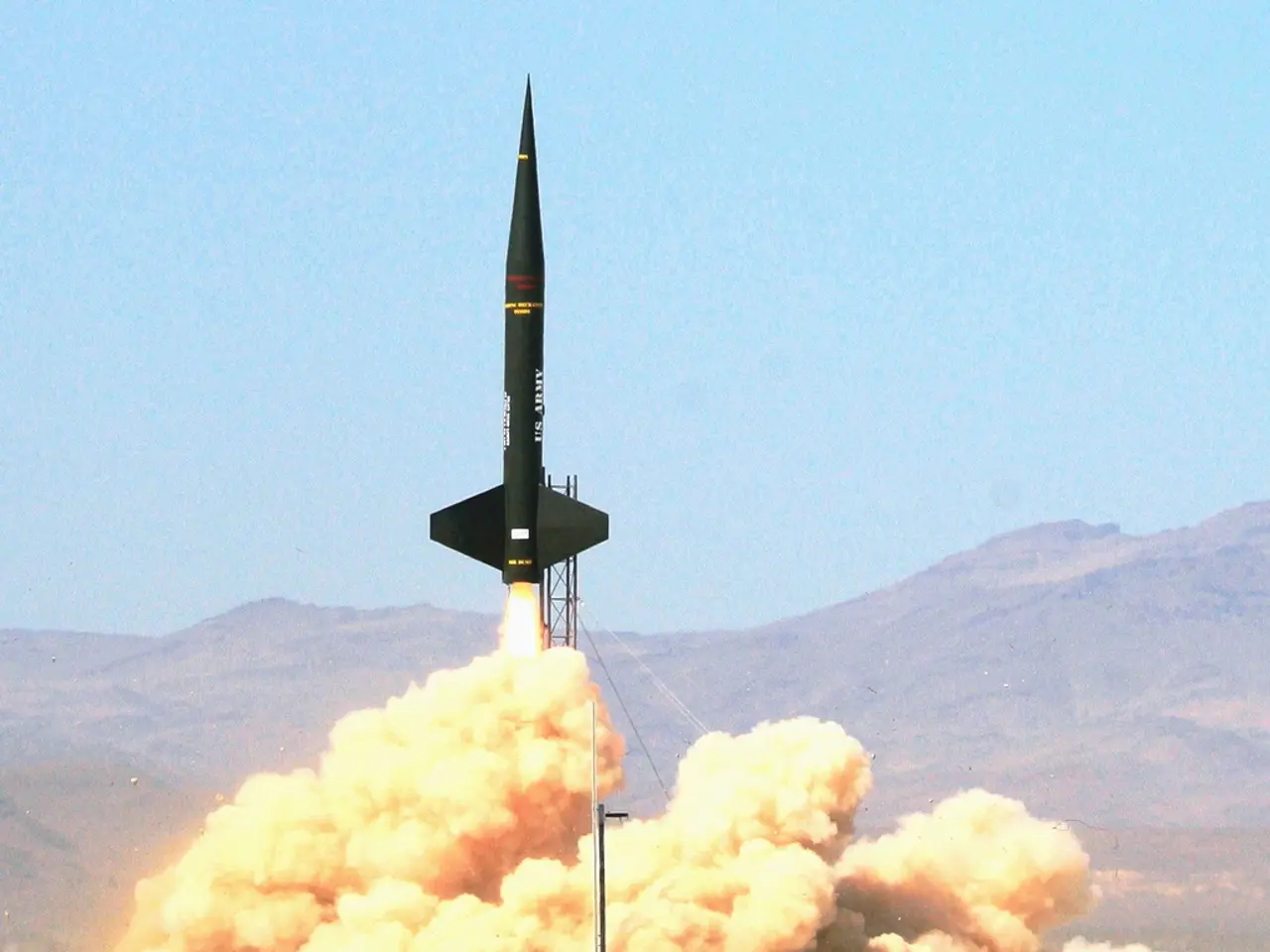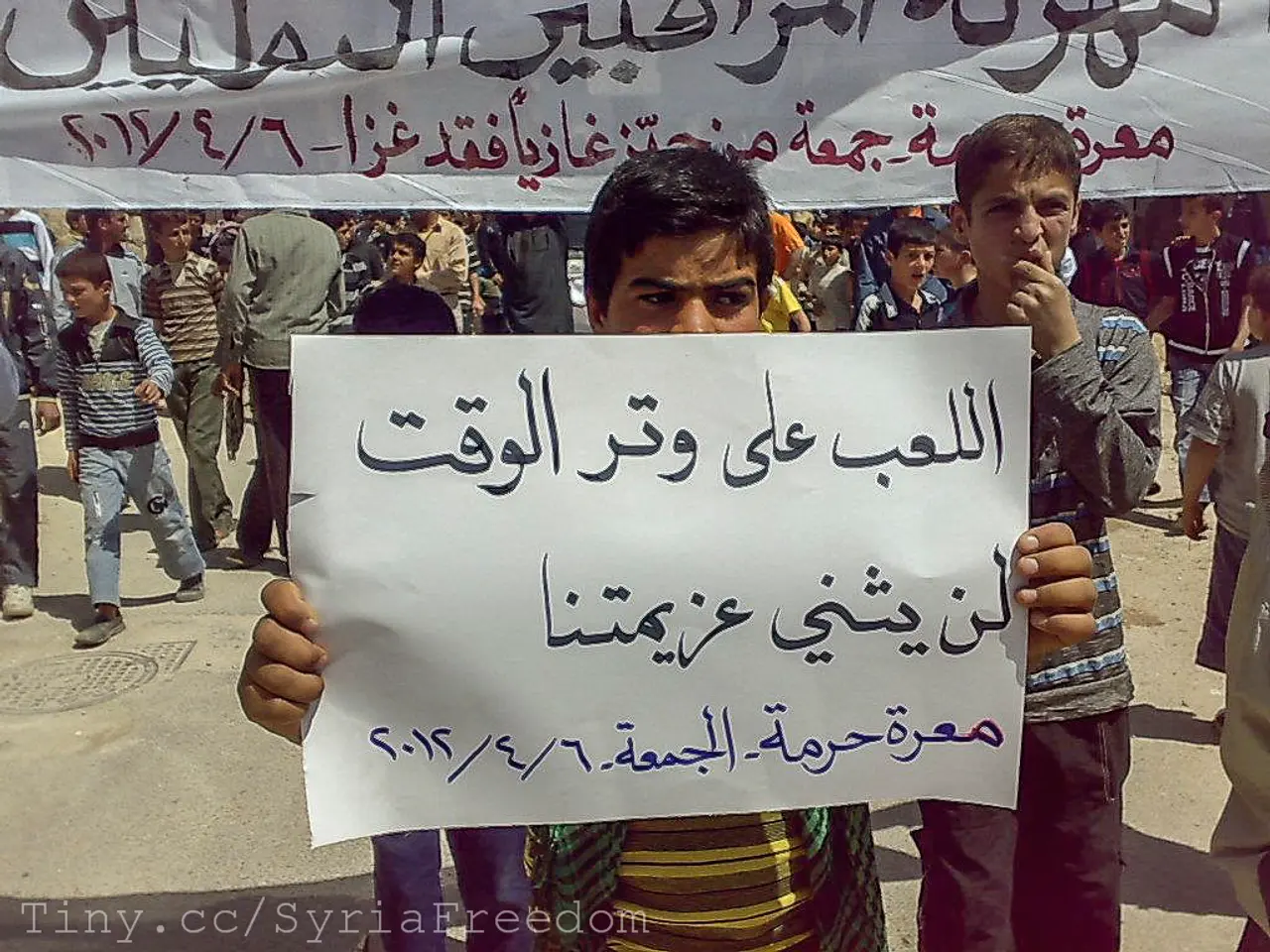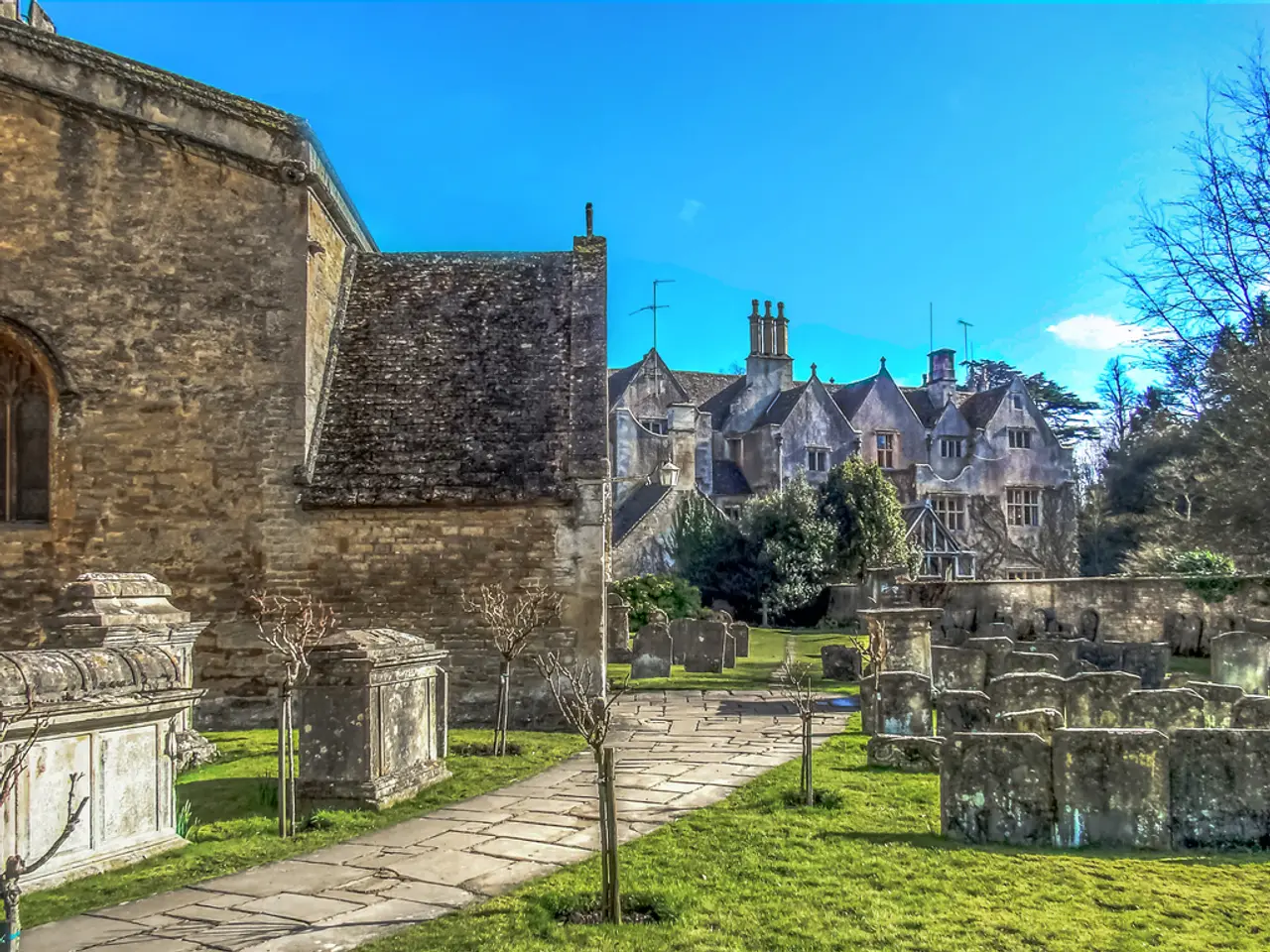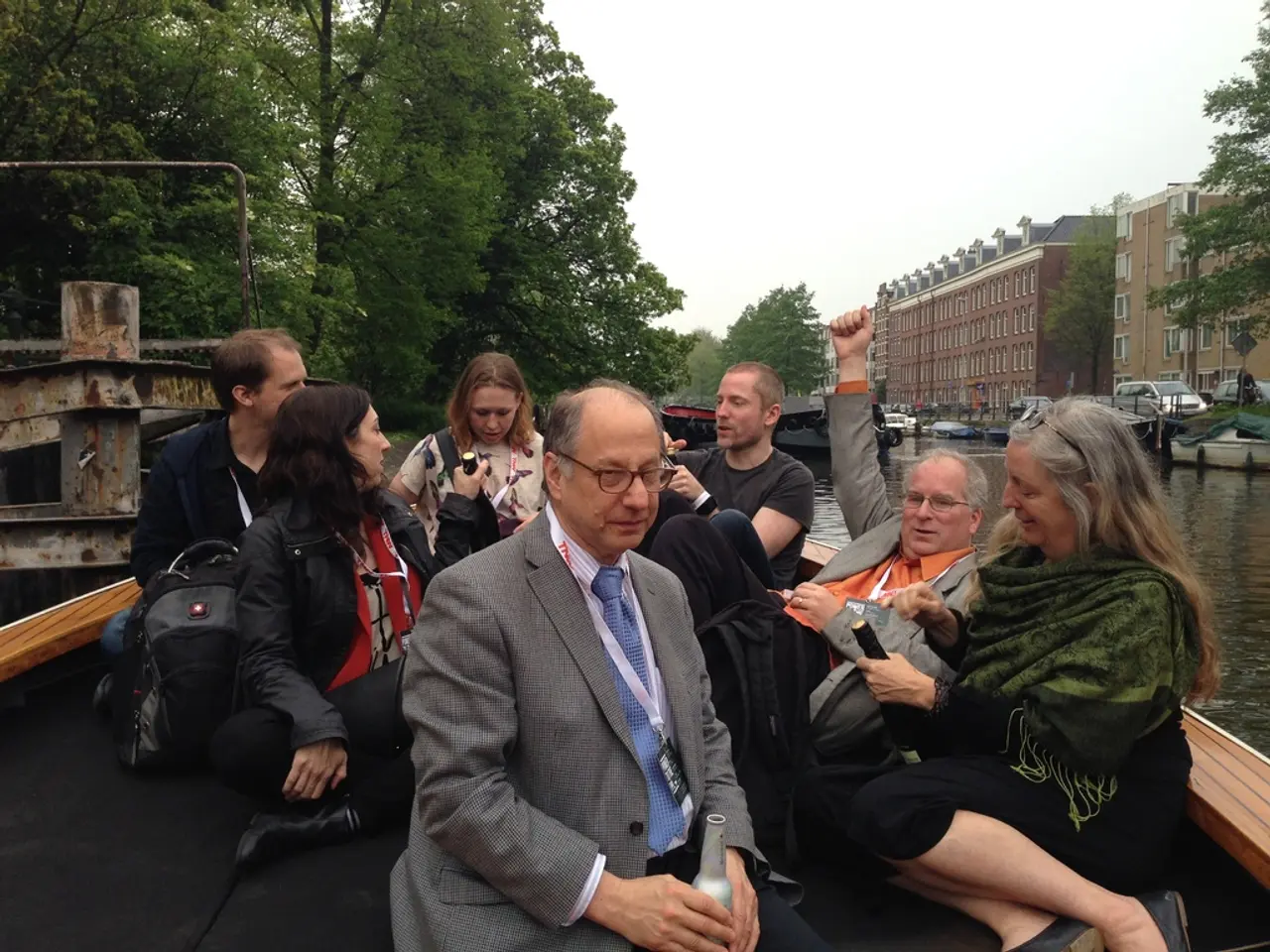Nation's anticipation and a father's painful yearning: Lebanon stands on the brink of justice, five years since the devastating Beirut explosion
The investigation into the devastating explosion that rocked Beirut's port on August 4, 2020, is still ongoing, led by Judge Tarek Bitar. The inquiry, spanning over 1,200 pages, aims to shed light on the events that led to the tragedy and to hold those responsible accountable.
Key suspects summoned and questioned include former Prime Minister Hassan Diab, who was in office at the time of the explosion, Major General Abbas Ibrahim, Major General Tony Saliba, and several politicians and senior officials such as Ali Hassan Khalil and Ghazi Zaiter. However, some of these individuals have invoked immunity or sent lawyers in their place, refusing to cooperate with the investigation.
The investigation covers several aspects, including who authorized and stored the ammonium nitrate that exploded, the smuggling over a period of seven years, how the explosion was triggered, and whether other factors like a missile or bomb were involved.
Judge Bitar is awaiting a final technical report from France, which is critical because it includes analysis of explosive materials and could clarify if the blast was due to negligence, systemic corruption, or an external attack. He is also seeking legal cooperation and testimony from European and Arab countries.
The investigation faced repeated suspensions and legal obstruction, notably by former prosecutor Ghassan Oueidat who ordered the release of detained suspects and halted cooperation. However, it was revived in 2025 with support from Lebanon's new political leadership. Some suspects have cooperated since the investigation's revival, while others continue to impede the process.
After the indictment, the case will move to the Judicial Council for review of the investigation's findings and conclusions. The suspects mainly consist of officials involved in authorizing or overseeing the ammonium nitrate storage and subsequent handling.
Meanwhile, the city of Beirut is showing signs of recovery. A 2022 survey by the Beirut Urban Lab found that 60% to 80% of apartments and businesses damaged in the blast had been repaired. However, hundreds of people gather near the port every year to commemorate the explosion and demand justice.
Kayan Tlais, brother of port supervisor Mohammad Tlais who was killed in the blast, is hopeful that the indictment will see the light of day. He expressed his hope that the truth will be revealed and those responsible will be held accountable.
Despite the widespread rage over the explosion and years of apparent negligence from a web of political, security, and judicial officials, the anger has faded as Lebanon's economy further crumbled and conflict rocked the country. Nevertheless, the investigation remains a significant test of Lebanon's judiciary and political will to hold perpetrators accountable.
References: [1] Associated Press. (2022, February 16). Lebanon's Beirut port blast probe faces obstacles, delays. Retrieved from https://apnews.com/article/beirut-lebanon-port-explosion-probe-delays-5d38b3e7e3b09e06b43d5293c47c6746
[2] Al Jazeera. (2021, May 12). Lebanon's Beirut port blast probe: What we know so far. Retrieved from https://www.aljazeera.com/news/2021/5/12/lebanons-beirut-port-blast-probe-what-we-know-so-far
[3] Reuters. (2021, February 21). Lebanon's Beirut port blast probe: What we know so far. Retrieved from https://www.reuters.com/world/middle-east/lebanons-beirut-port-blast-probe-what-we-know-so-far-2021-02-21/
[4] BBC News. (2021, February 15). Lebanon's Beirut port blast: Who is being investigated? Retrieved from https://www.bbc.com/news/world-middle-east-55849807
[5] The New Humanitarian. (2021, August 4). Beirut port blast: One year on, Lebanon's victims still wait for justice. Retrieved from https://www.thenewhumanitarian.org/news/2021/08/04/Beirut-port-blast-one-year-on-Lebanons-victims-still-wait-for-justice
- The ongoing investigation into the Beirut port explosion in August 2020, led by Judge Tarek Bitar, delves into various aspects of politics, including the role of former Prime Minister Hassan Diab, Major General Abbas Ibrahim, Major General Tony Saliba, and other politicians and officials.
- The investigation also covers the economics of the matter, as it seeks to identify who authorized and stored the ammonium nitrate that exploded, and potential cases of corruption or negligence involving war-and-conflicts-related smuggling.
- In the realm of crime-and-justice, some key suspects have invoked immunity or sent lawyers in their place, refusing to cooperate with the investigation.
- The investigation has faced obstacles and delays, including legal obstruction from former prosecutor Ghassan Oueidat, yet it continues to move forward, with a focus on car-accidents and general-news related to the blast, as well as seeking international cooperation to unveil the truth.
